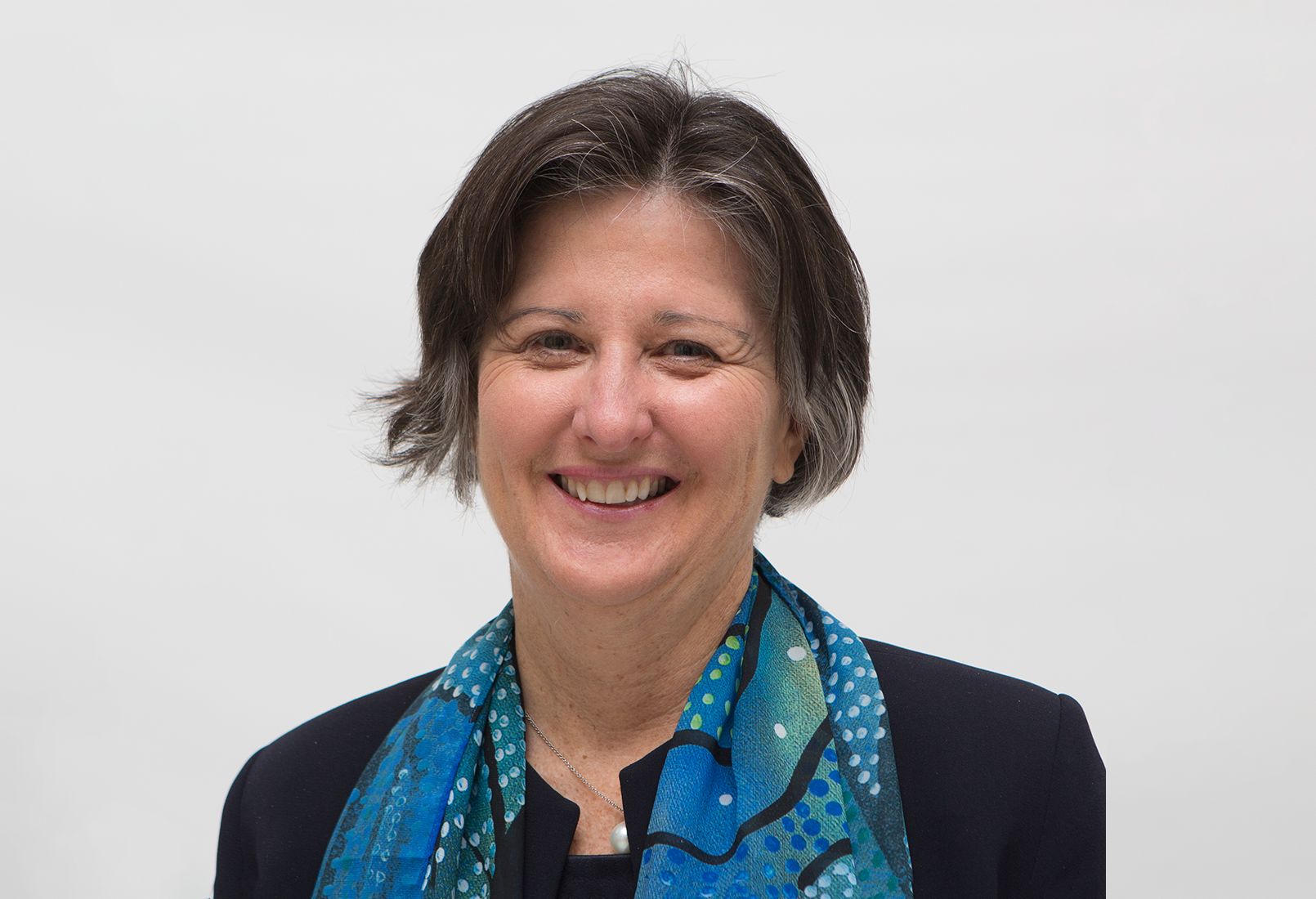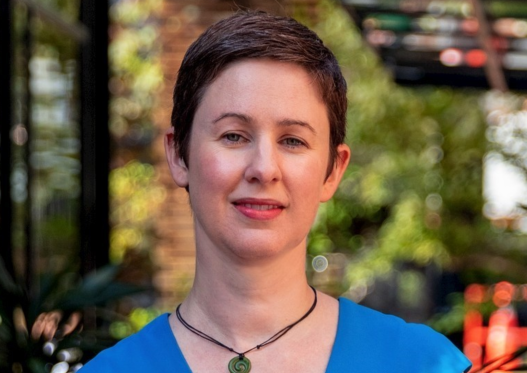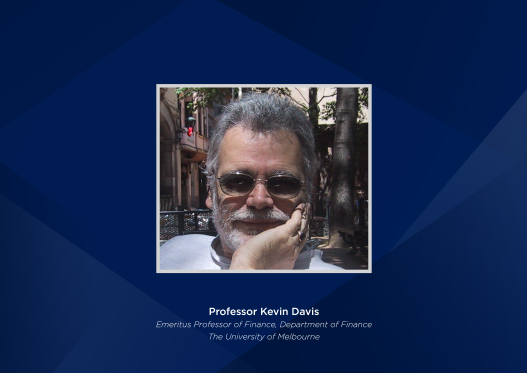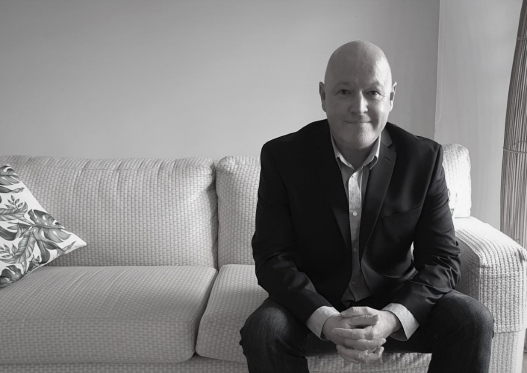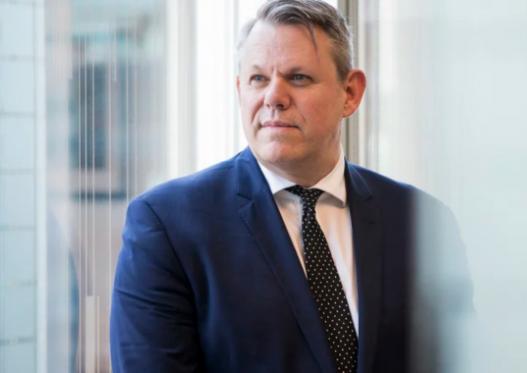Fiona Guthrie, CEO at Financial Counselling Australia, and AFCA chief executive David Locke called for greater regulation of the industry that is worth in excess of $50billion and expected to grow 72% in 2022.
They are both alarmed at the proliferation in products that allow customers to access multiple loans and even draw down on upcoming salaries.
"There's no doubt that lots of Australians did really well during the pandemic,” said Guthrie.
"But there's a whole lot of people who are missing out and are still missing out.
"There's a really important role for the banking industry to not lose focus on the group of people who are living on low incomes."
Describing the response to COVID as the greatest social experiment seen in Australia where unemployment benefits were doubled, she said there was a sting in the tail.
"People don't have enough money, they're turning to Buy Now Pay Later and wage advance companies," she said.
"So we've got this unregulated credit on top of regulated credit. So this is the recipe for disaster for a proportion of the community.
"We've got reports that show one in five people are missing payments.
“Fifteen per cent of people are taking other loans to make payments.
“They're cutting down on food. Financial counsellors are seeing more and more people coming with Buy Now Pay Later debt and this new product wage advance using the same loophole in the credit laws.
"They're using it for groceries, electricity, and you can use it at the pub. You can get it for a couple $100. You can get up to $30,000. It essentially sits outside the laws.
“I just find it extraordinary, we invented this thing. It works for a lot of people. No one's saying we shouldn't have it, but the fact that it sits outside the regulatory framework and is allowed to harm a portion of the population to such a large extent, and we are going to turn a blind eye to it is ridiculous.”
David Locke, who was speaking on the same platform at the Australian Banking Association’s inaugural conference, said that while the banks did an "astonishing job' during the pandemic, there now needed to be a focus on vulnerable customers.
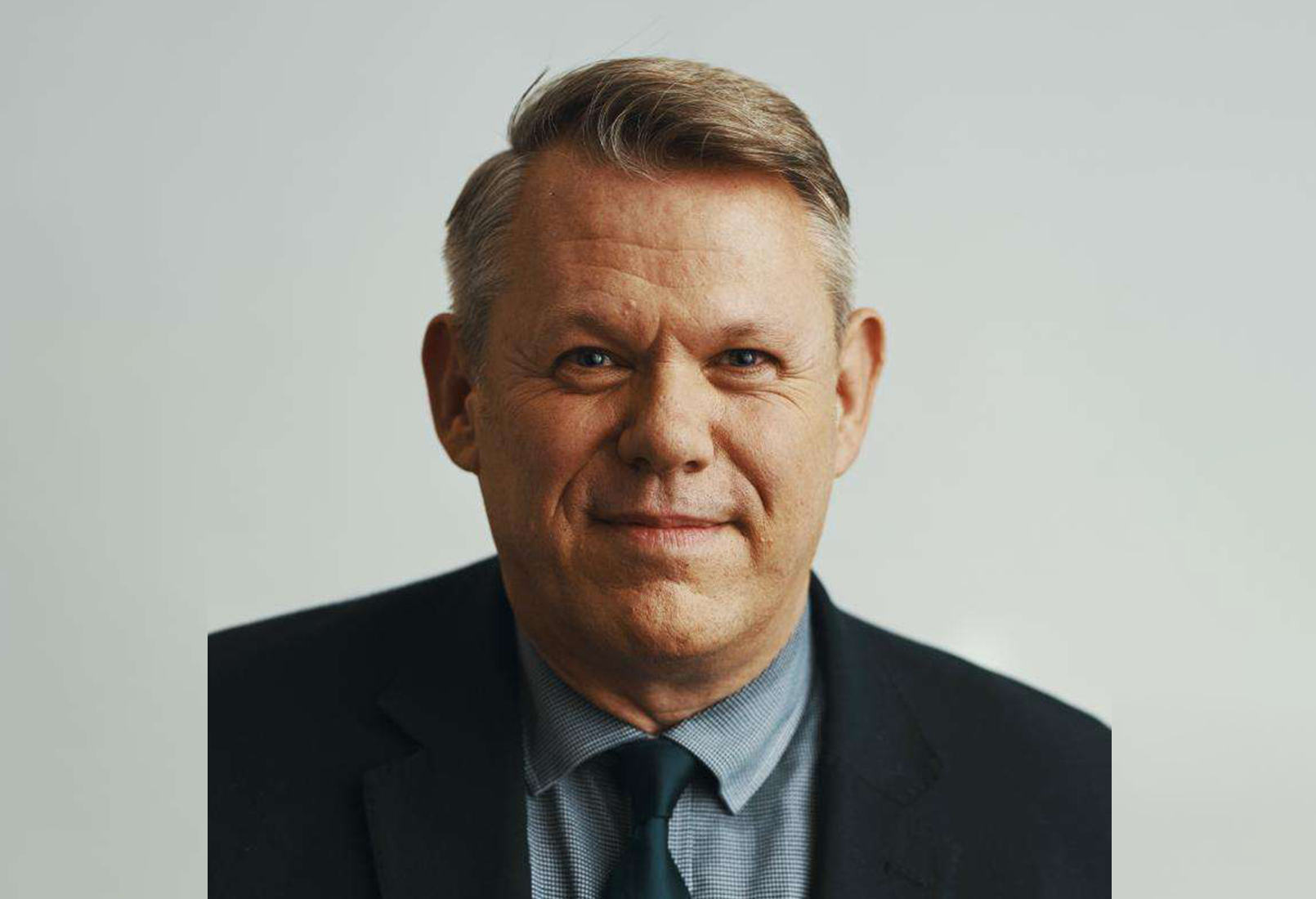
David Locke, Chief Executive at AFCA
"They're the people who didn't make it through COVID. They're the small businesses that didn't survive or who are just teetering on the edge. They're people with multiple complex problems and challenges," he said.
Even though the major banks have continued to ensure their dispute resolution processes are working well, he says that's not the case across the whole industry.
"We do have all the parts of industry, other lenders where actually things have gone backwards," he said.
"There are concerns about people being able to access this (BNPL) without any credit checks. There are concerns about people having multiple accounts, the proliferation of this.”
Noting the fact that people can get plastic surgery on BNPL, he said that it worked well for those who use it as a budgeting tool.
“But the concern is really what happens to people who are having to use this really in order to put food on the table for the children. How do you manage this?
“Increasingly what we're hearing is people presenting to financial counsellors and other services with multiple accounts and in really challenging situations.”
Noting the fact that BNPL firms are not required to be members of AFCA, he said: “Is that right? Should your access to external dispute resolution depend upon a voluntary decision made by the company, when that isn't the case in other lending?
“I think that's the question for government.”
For the ombudsman, the increasing number of businesses that allow people to take wage advances is "really problematic. And this is increasing, people just get into a cycle they can't get out of.
“I don't think innovation in itself is always for the better. I was looking at some of the betting apps that are coming through that have got lots of new features being advertised on the television the other day. And I was thinking, "Well, that's new, but I'm not sure that's necessarily going to improve society for the better."



